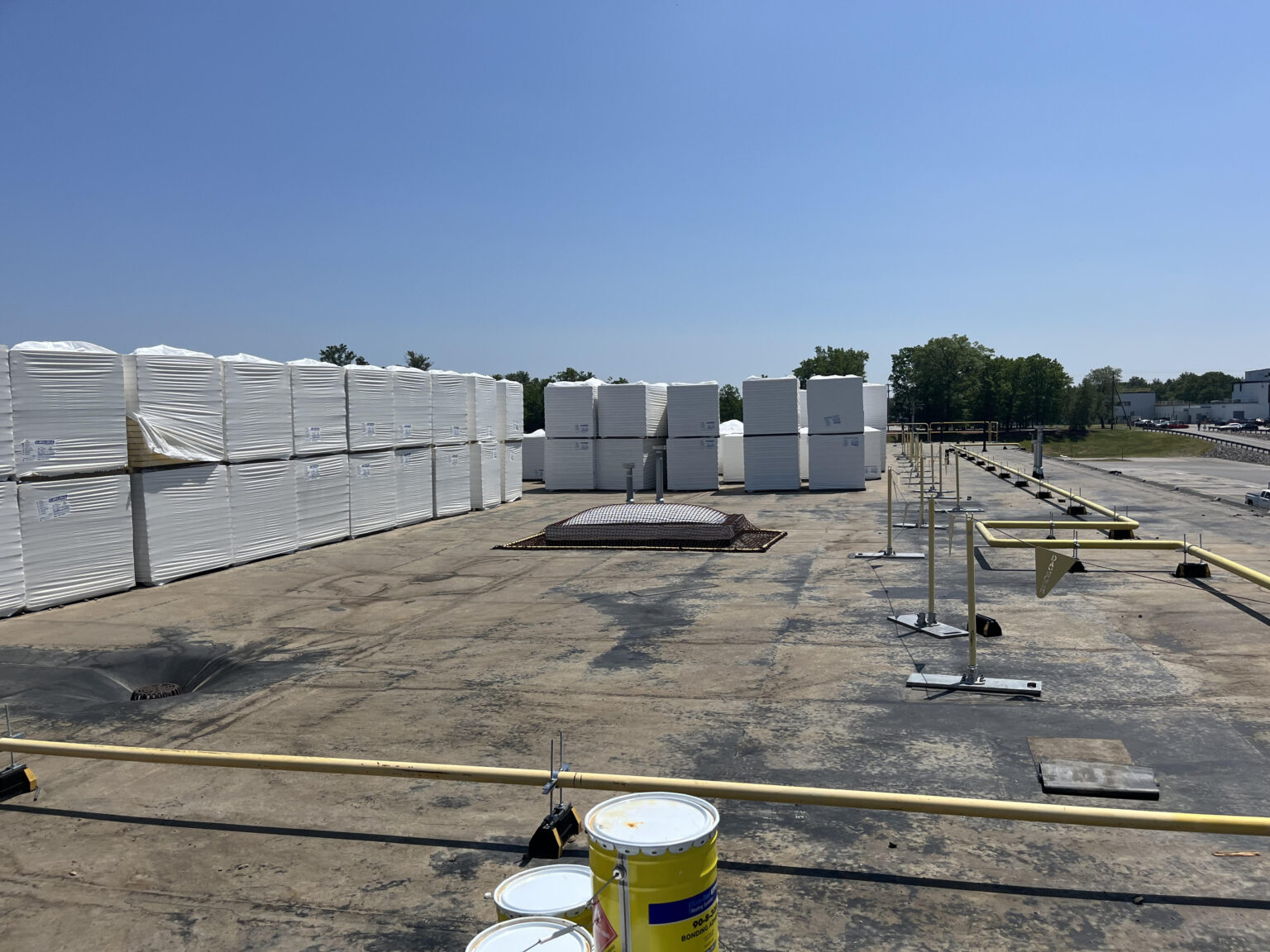
Reclaimed Insulation: A Key Player in Massachusetts’ Net Zero Energy Building Goals
In the face of growing climate concerns, the concept of net-zero energy buildings has emerged as a beacon of hope. These structures, designed to produce as much energy as they consume, represent a critical step towards a sustainable future. Insulation, a seemingly mundane element of building construction, plays a pivotal role in achieving this vision. By minimizing heat transfer, insulation drastically improves energy efficiency and reduces greenhouse gas emissions. But what if we could take it a step further? Enter reclaimed insulation – a sustainable solution that not only enhances energy efficiency but also champions resource conservation.

Massachusetts’ Ambitious Net Zero Goals
Massachusetts, a state known for its progressive environmental policies, has set ambitious goals for reducing greenhouse gas emissions. The building sector, a major contributor to these emissions, is a key target. The Commonwealth’s Clean Energy and Climate Plan for 2030 and 2050 outlines a bold vision: net-zero emissions by 2050. To achieve this, the state aims to drastically reduce energy consumption in buildings through improved energy efficiency and the adoption of renewable energy sources. You can find more information on the MA Decarbonization Roadmap.
This vision is backed by a robust legislative framework. The Global Warming Solutions Act and the 2021 Massachusetts Climate Law mandate strict emission reductions and promote energy-efficient building practices. These laws are driving a transformation in the state’s building sector, encouraging the adoption of sustainable solutions like reclaimed insulation.
Insulation’s Crucial Role in Net Zero Buildings
Insulation acts as a thermal barrier, reducing heat transfer between the interior and exterior of a building. This translates to less energy needed for heating and cooling, resulting in significant energy savings. Various types of insulation materials exist, each with its own set of properties and applications. From fiberglass and mineral wool to foam insulation panels like XPS, EPS, and polyiso, the choice of insulation depends on factors such as climate, building type, and budget.
The Many Benefits of Reclaimed Insulation
Reclaimed insulation offers a trifecta of benefits: environmental, economic, and performance.
- Environmental Benefits
Reclaimed insulation reduces waste and conserves resources by diverting materials from landfills. The manufacturing process of new insulation is energy-intensive, whereas reclaimed insulation requires significantly less energy to produce, resulting in a smaller carbon footprint.
- Economic Benefits
Reclaimed insulation is often more cost-effective than new insulation, making it an attractive option for budget-conscious builders. By incorporating reclaimed insulation into their projects, Massachusetts residents can contribute to the state’s net-zero goals without breaking the bank.
- Performance Benefits
Reclaimed insulation, when properly sourced and installed, performs just as well as new insulation. It meets the same energy efficiency standards, ensuring optimal thermal performance and energy savings.
Real-World Success Stories
- Cold Climate Bedford Farmhouse Retrofit
This project showcases the transformative power of reclaimed insulation. A 1730s farmhouse in Bedford, Massachusetts, underwent a retrofit to achieve net-zero energy performance. Reclaimed rigid EPS foam insulation panels were used for the exterior walls, while reclaimed polyiso foam insulation panels were installed on the roof. The results were remarkable: a 75% reduction in heating and cooling energy use and a 60% reduction in overall energy use. You can read the full case study here.
- Using Recycled EPS Foam Panels to Save Energy and Reduce Carbon Footprint
This article explores the versatility of recycled EPS foam panels in various construction applications. From walls and roofs to foundations, these panels offer high R-value, durability, and significant environmental benefits. They contribute to reduced waste and a lower carbon footprint, making them a sustainable choice for builders. Learn more about it here.
Reclaimed insulation is a powerful tool in Massachusetts’ journey towards a net-zero future. Its environmental, economic, and performance benefits make it an ideal choice for those seeking to improve energy efficiency in buildings. By incorporating reclaimed insulation into new construction and retrofit projects, Massachusetts residents can contribute to the state’s ambitious goals while enjoying reduced energy bills and a smaller environmental footprint.
Ready to embrace a sustainable future? Contact Green Insulation, the Massachusetts supplier of reclaimed foam insulation panels. Their expertise can guide you towards achieving your net-zero energy goals while making a positive impact on the environment. Visit their website or give them a call today!
Green Insulation
- Website: https://greeninsulationgroup.com/
- Phone: (617) 975-3300
- Email: info@greeninsulationgroup.com
